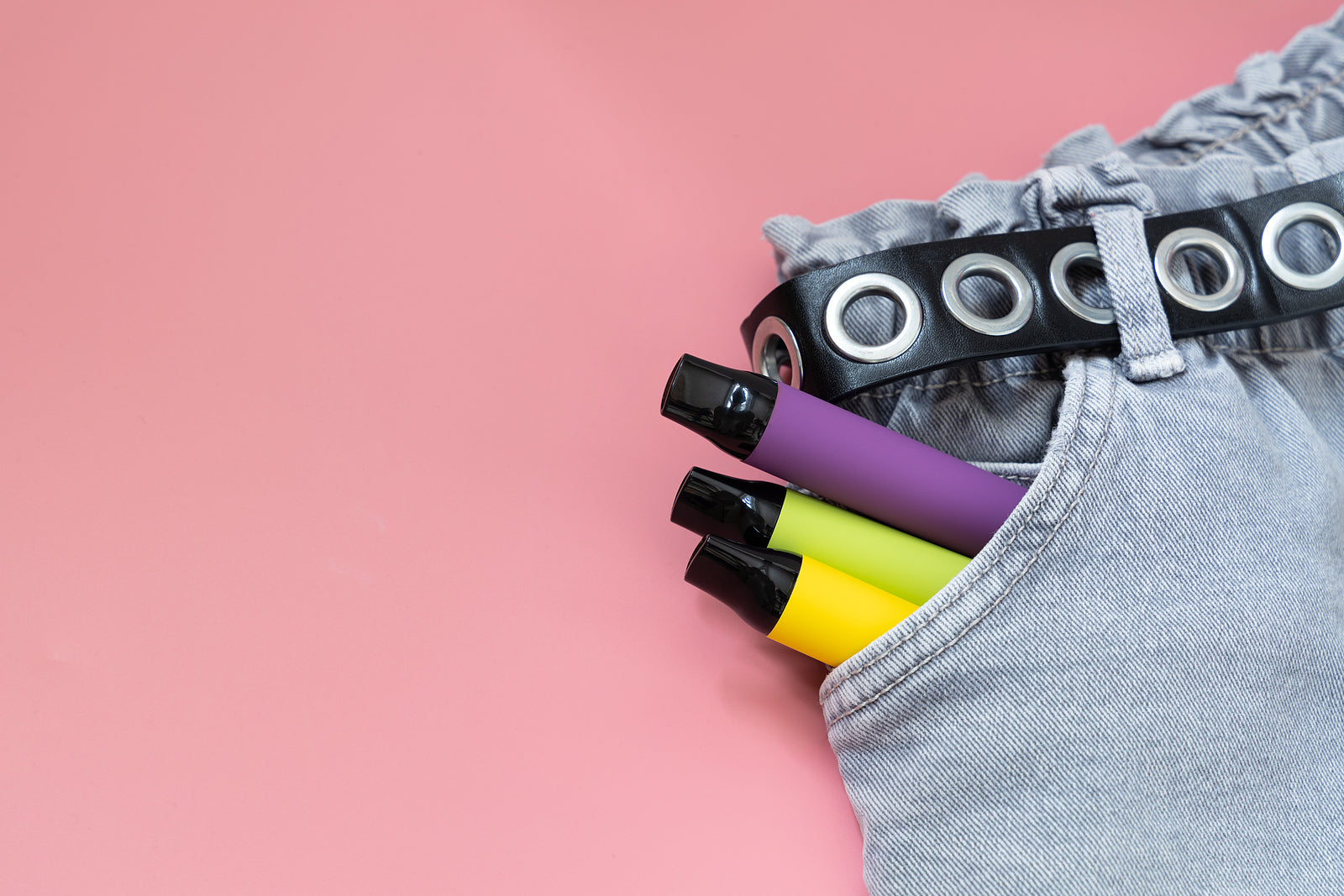If you plan to bulk buy disposable vapes, you will doubtless be aware that these are the prime target for campaigners against vaping.
We recently had Children’s Commissioner for England Dame Rachel de Souza calling for them to be banned to curb under-age vaping, which drew a response from John Dunne, chair of the UK Vaping Industry Association (UKVIA). He pointed out that the real answer to curbing illegal vaping by kids is better law enforcement to prevent them from being unlawfully sold any kind of vape in the first place.
However, the UKVIA has also revealed how another issue that has led to calls for disposable vapes to be banned could be tackled; with more easily recycled vapes.
The pioneering product in question, called SLIX, has been produced by ANDS and is 99.29 per cent recyclable in tests. It includes biodegradable silicone parts like the mouthpiece and 100 per cent biodegradable cardboard outer casing.
ANDS has hopes of making the product 100 per cent recyclable in the next year, but it is clear that this is the kind of response that could tackle many of the concerns that disposable vapes lead to excess waste, either through landfill or littering.
Commenting on this issue, ANDS president Fadi Mayta warned of the consequences, should environmental concerns lead to a ban on single-use vapes. If this happens, she warned: “Smokers could lose what many believe to be a very convenient, accessible and compelling alternative to conventional cigarettes.”
Those raising the prospect of a ban include not just Dame Rachel de Souza. In Scotland, environmental campaigners have been pushing to make disposable vapes illegal on the grounds of littering, landfill waste and the risk of fires at waste disposal plants caused by their lithium batteries.
As a result, the Scottish government is looking into a possible ban. The idea has support from circular economy minister Lorna Slater, who derided disposable vaping products as “bad for the environment”. Clearly, therefore, the threat is real, at least in Scotland.
It may be that products like SLIX are part of the answer. At present, nowhere stocks this product, but the first major store to do so will soon be announced and it may be all vaping outlets will before long, or stock other products of similar design with similar eco-credentials.
A reason for being confident on this point is the fact that the UKVIA has a comprehensive plan to make sure vaping meets the environmental challenge. Its Greenprint for Sustainable Vaping has laid out a series of ways in which vaping products can be recycled and not end up in landfill or littering pavements.
From a retail perspective, this will encourage those selling vapes to provide information for customers on recycling, offer in-store collection points and train staff better, while also advising consumers that there is an environmental advantage in multi-use, refillable devices.
These will be added to by incentives and advertising to encourage recycling, better waste infrastructure, improved regulation and better product design.
ANDS may have shown the way forward on the last of these points, but their efforts are clearly just the tip of the iceberg, showing the industry as a whole is increasingly ready to step up to the green challenge.
